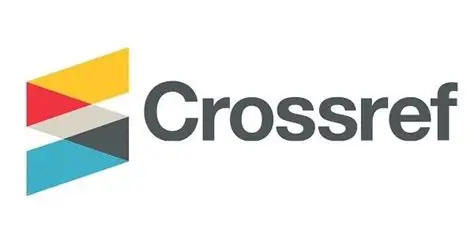ROLE OF SOCIAL MEDIA INFLUENCERS IN TALENT MANAGEMENT
Keywords:
Keywords: Talent Management, Social Media Influencers, Employer Branding, Digital Recruitment, Employee Engagement, Micro-Influencers, Human Resource Strategy, Gen Z Workforce, Organizational Culture,,Abstract
In the digital era, the dynamics of talent management underwent deep transformations, with
social media appeared as a powerful platform not only for marketing but also for the
development of human resources. Among the most influential elements of this transformation
are influencers of social media - individuals with essential online followings who form
perception and involvement in management. This document examines the evolving role of
influencers of social media in the field of talent management focusing on how they contribute
to the brand of employers, talents and employees' involvement.
Through the review of contemporary literature and case studies from Indian and global
markets, the study reveals that influencers can significantly increase the visibility and attraction
of the organization as an employer. They achieve this authentically by displaying
organizational culture, showing the experience of employees and amplifying the possibilities
of professional development. Especially between millennia and job seekers Gen Z, the content
controlled by influence creates a convincing narrative that traditional recruitment campaigns
often cannot provide.
Organizations are increasingly forming partnerships with both macro-influencers (with large,
broad audiences) and micro-influencers (who have niche, highly engaged followings) to share
behind-the-scenes content, highlight employee testimonials, promote career development
opportunities, and communicate organizational values. Some companies are also nurturing
internal talent to act as employee advocates—leveraging their personal networks to extend
brand credibility organically.
This paper aims to explore the evolving role of social media influencers in talent management,
focusing on their impact on employer branding, recruitment outreach, and employee
engagement. It also investigates best practices, potential risks, and the strategic considerations
necessary for leveraging influencer partnerships effectively within the talent lifecycle.
References
Sharma, R., & Gupta, P. (2020). Social media influencers and employer branding: An
Indian perspective. Indian Journal of Human Resource Management, 12(3), 45-60.
Patel, S., & Desai, M. (2019). The impact of influencer marketing on talent acquisition
in Indian startups. Journal of Business and Technology, 8(2), 112-125.
Kumar, A., & Joshi, R. (2021). Social media influencers and Gen Z recruitment:
Evidence from Indian firms. Asian HR Review, 15(1), 78-92.
Nair, V., & Reddy, K. (2018). Ethical considerations in influencer-based talent
management. Ethics in Business and Technology, 7(4), 33-47.
Mehta, S., & Chatterjee, P. (2022). Influencer credibility in IT sector recruitment: An
Indian case study. Technology and Human Resources Journal, 9(1), 55-73.
Iyer, M., & Kapoor, R. (2020). Cultural nuances in influencer-based recruitment across
Indian regions. South Asian Management Review, 14(2), 89-104.
Banerjee, T., & Das, A. (2021). ROI measurement of influencer recruitment campaigns:
An Indian framework. Indian Journal of HR Analytics, 5(3), 210-228.
Khanna, R., & Srinivasan, L. (2023). The dark side of influencer recruitment: Candidate
perspectives from India. Human Resource Development Quarterly, 34(1), 112-130.


